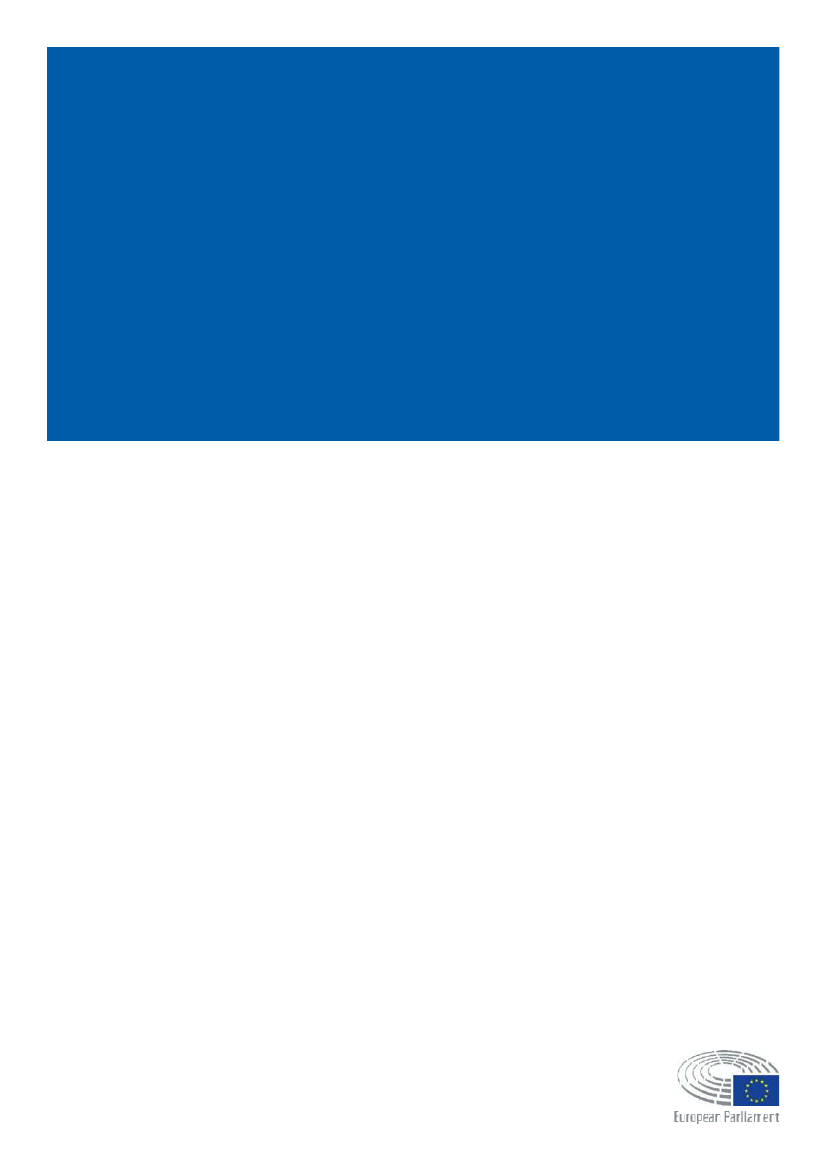
High-level
conference
on
migration
management
The European Union faces migration challenges of such magnitude that they question
our ability to address them in a coordinated manner. These challenges will probably
be one of the dominant themes of the 2019 European electoral campaign, as already
experienced in national elections and referenda. We need to demonstrate strong and
ambitious European leadership on such a central concern for our citizens, and be ready
to deliver a common, readable message on migration.
The European Parliament is committed to acting effectively upon the Rome Declaration,
which prioritises a Europe in which citizens are safe and can travel freely; a Europe with
secure external borders and a responsible, sustainable migration policy that complies
with international standards; and a Europe that is determined to fight terrorism and
organized crime .
The European Parliament takes the lead in encouraging the other EU institutions
and the Member States to implement this Declaration, and proposes a strategy for
increased inter-institutional cooperation, with a working method including a timetable
and deadlines.
In the two years to come, the European Union (institutions, Member States, national
parliaments, EU agencies, regions, etc.) should mobilise its resources and have its
legislative, diplomatic, financial, security and humanitarian instruments drive a global
strategy. Its objective should be to manage migration flows, and ensure a stable and
prosperous environment at our borders.
To this end, and as suggested by various stakeholders from both inside and outside of
the European Parliament, a high-level conference dedicated to migration management
will be organised on 21 June 2017. Its objective is to raise the attention and create a
sense of urgency ahead of the European Council on 22-23 June that will notably discuss
migration and review progress on the implementation of the Malta Declaration and the
external aspects of migration.
The conference will be organised with the relevant parliamentary committees that
focus on migration, with participation of their Members, in particular the rapporteurs
of key files, and stakeholders.
The conference could be the starting point of a process leading to reinforced inter-
institutional cooperation in the field of migration. As an outcome, an inter-institutional
task force could be established, which would not substitute for formal decision-making
process, but would regularly gather stakeholders from the EU institutions.